Women in Finance: Interview with Samantha Riley, Head of Financial Crime, Masthaven Bank
By Tony Sanchez
Samantha Riley is Head of Financial Crime and Deputy Money Laundering Reporting Officer at Masthaven and has a wealth of experience in financial crime prevention.
Before joining Masthaven, Samantha held roles at the Financial Conduct Authority (FCA) and the National Crime Agency.
At Masthaven, Samantha has helped to develop and enhance the Financial Crime division and is responsible for managing the financial crime prevention function across all lines of business.
What brought you into financial services?
I spent the first 14 years of my career in law enforcement, spending seven years of that time as a Financial Crime Investigator, where I developed a passion for combating financial crime.
One of my roles at the FCA was within the Financial Crime Specialist Supervision team, which gave me a wealth of experience in working with banks and financial services firms.
When I was approached by Masthaven to be part of the new financial crime department, it was a challenge I couldn’t turn down, I have been able to leverage my FCA Financial Crime experience to challenge, improve and enhance the department, which has been a great experience.
I’ve been at Masthaven for almost four years now and I’ve loved every minute and had great opportunities to develop professionally.
What do you think makes a successful leader? And in particular women leaders?
A successful leader empowers and motivates their team to succeed. They allow team members to make decisions and mistakes.
Communication is key – it’s important to be approachable so that your team feel they can come to you with any questions or issues.
Something I’ve always carried with me throughout my career is that everyone should be treated with the same respect, from cleaning staff to the CEO.
What are the biggest barriers you have faced in your career in financial services?
I feel fortunate that being female hasn’t affected my career progression. Having said that, my own self-imposed barriers and doubts about my abilities have been a challenge in the past.
However, I have worked hard to overcome these and be respected in my field. I’m lucky to work for a company that actively makes an effort to recruit, train and empower everyone, regardless of gender.
If you could tell your younger self one thing you know about business now, what would it be?
Be brave, not perfect. You always know more than you think, so trust yourself and your instincts and don’t let self-doubt get in the way.
What’s your own personal mantra?
I’ve said it once and I’ll say it again, be brave, not perfect. Believe in yourself, everyone makes mistakes, so have courage and give things a go – it’s never as scary as it seems.
What do you think is key for finding a successful work-life balance?
Balancing work and home life can be tough especially when you love the job you have. However, going home and learning to switch off is a key element of any successful career.
Finding an employer that promotes work/life balance also really helps.
Through our Women in Leadership programme at Masthaven, we have been encouraged to create our own ‘bill of rights’ to help prioritise things in our personal life which will ultimately enable us to thrive at work.
For me, I love Pilates, so I challenge myself to go to a Pilates class three times a week no matter how busy I am. This helps me to switch off and relax, and in turn, I can come to the office motivated and ready to give it my all.
What’s one key leadership lesson you’ve learned along the way?
Communication is key! Being a great leader means communicating with your team and taking the time to listen and appreciate people and their viewpoints, which will often lead to better decision making.
What advice do you have for women aiming for leadership positions?
Being aware that as women we will often underestimate our capabilities and hold back if we think we don’t fully meet the job specification.
We need to encourage women to be bold, own their achievements and be proud of themselves. It’s about taking advantage of every opportunity without fear of failure.
What do you think is holding women back?
Lack of confidence and self-doubt are the things that I often see holding women back. Women tend to focus on the things they can’t do rather than highlighting the things they can do.
Give everything a go – as the saying goes, you’ll be more disappointed by the things you didn’t do than the ones you did do.
Women should also leverage their gender differences as a strength. We tend to be more understanding, empathetic and great listeners.
These are all fantastic skills to have, so show them off and use them to your advantage.
Do you think there is still a glass ceiling?
I believe that women have made great progress in the workplace over the last 10 years or so, but by no means is the glass ceiling broken.
I think there is a bottleneck between executive level and C-suite level, with many women reaching executive level but not being promoted to that top rank and this is something the industry needs to work on.
What are your thoughts on the Women in Finance Charter?
It’s a shame that in this day and age that the Women in Finance Charter has to exist, but I think it’s a great initiative, nonetheless.
It’s great to see people from a range of businesses attending Women in Finance events as we are only going to make progress if the financial services industry commits to making change as a whole.
I hope in the years to come the momentum for the charter grows and it encourages more women to take on senior roles and promote greater diversity in the workplace.
How do we encourage more women into financial services?
I think the industry could do a lot more to showcase the diverse roles available within the financial services industry.
We also need to inspire the younger generation by having more female role models in the sector.
Equally, I think inspiring young women from an early age is key. Schools, colleges and universities have a huge role to play in educating women about the range of opportunities available.
Businesses should also actively celebrate their own diversity and progressive culture as this will help encourage the next generation of women into financial services.
The gender pay gap in FS is only second worst to the construction industry. What can organisations do to address this?
The private sector can learn lessons from the public sector where there is full transparency around salaries.
Pay should be based on a person’s job role, skills, knowledge and ability, rather than their gender.
We could also help educate people to provide them with the skills to feel more comfortable in discussing the challenges and solutions around the gender pay gap.




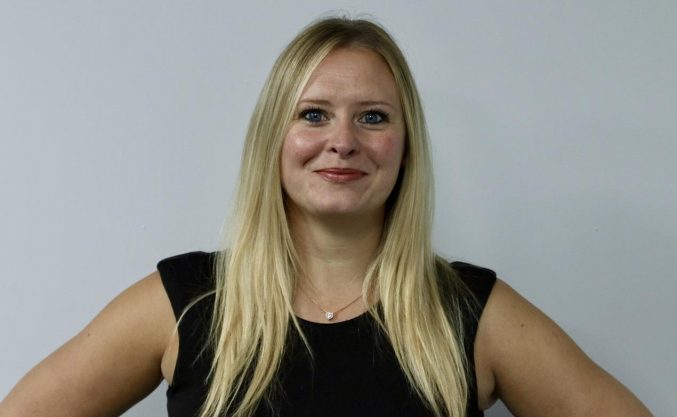
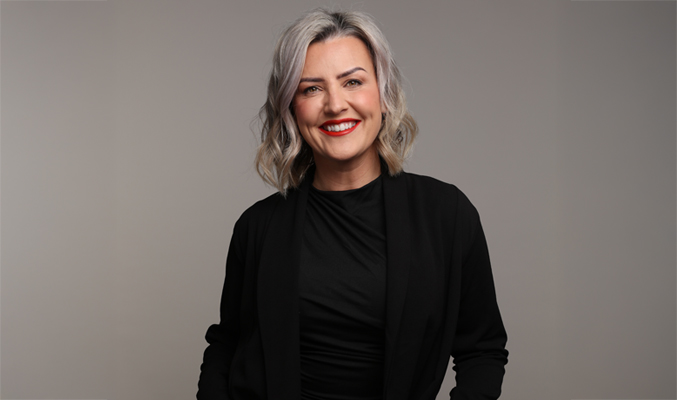
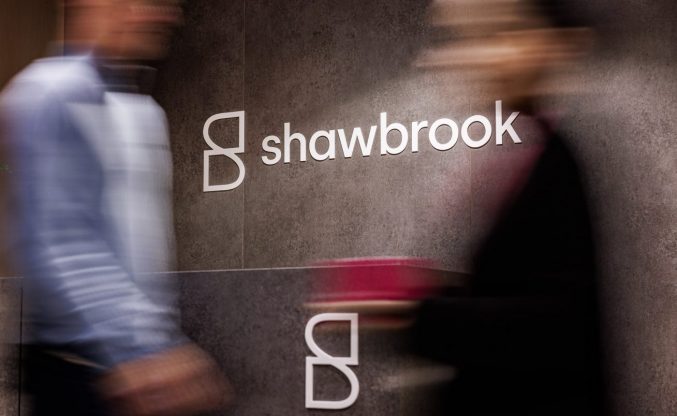
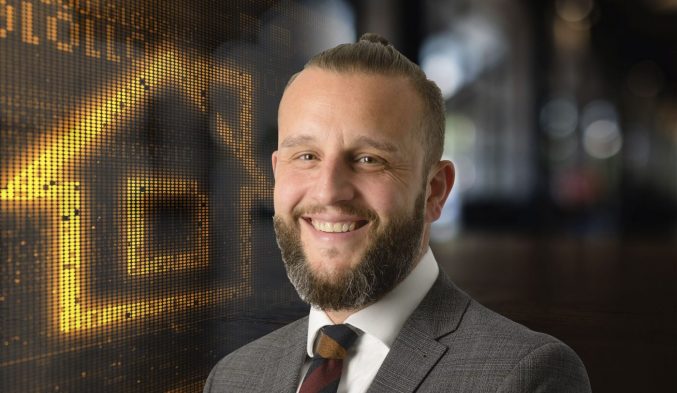
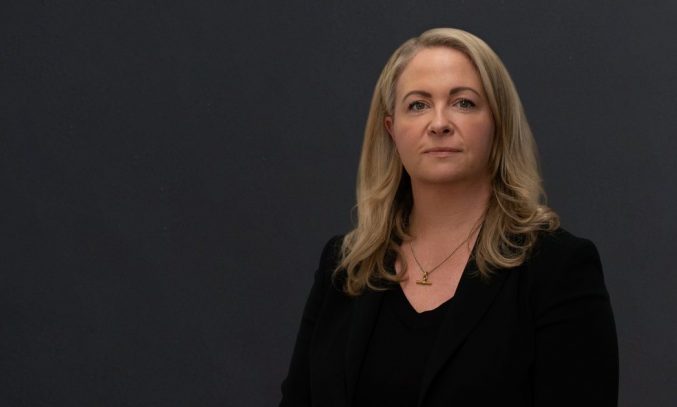

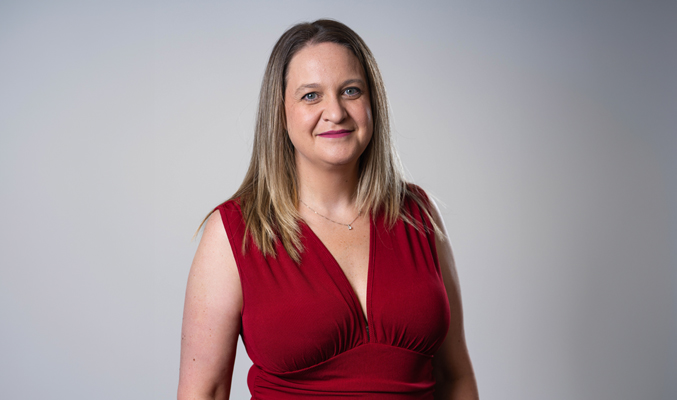
You must be logged in to post a comment.